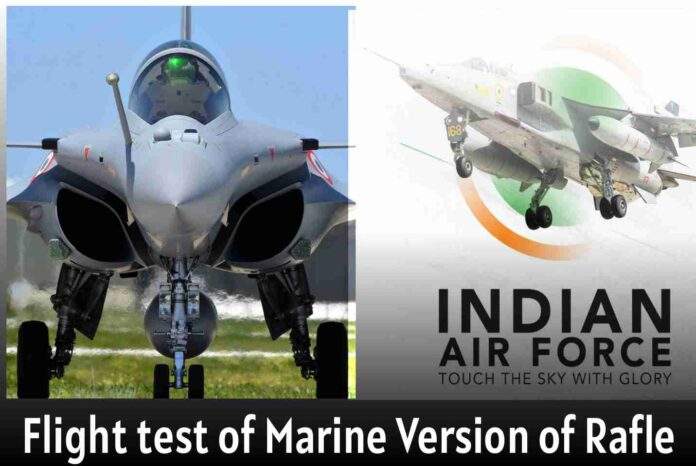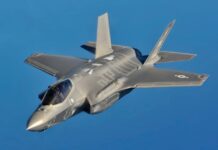The marine version of the Rafale fighter jet was recently tested on INS Vikrant. The test conducted from the aircraft carrier was successful.
About the test
The test was conducted to check on the take-off of Rafale jet from aircraft carrier. It was successful. The INS Vikrant aircraft carrier uses a catapult launch. And the jets performed good in the launch.
What is catapult launch?
The catapult is a device that allows the aircraft to take off in a small space. It is a kind of assisted take off. It gives extra inertia to the flight. The normal runway flights obtain this energy through a speedy constant long run. This long run is not possible in an aircraft carrier and thus a catapult launch.
Working of a Catapult launch?
The catapult accelerates the aircraft from 0 to 165 knots in just 2 to 3 seconds. In this system, high pressure steam is collected in the accumulators. This steam is obtained from the nuclear reactors. After reaching desired steam pressure, the valves of the accumulators are cut off and the catapult is ready to fire. The catapult launch system has a shuttle. The aircraft is attached to the carrier through this shuttle. There are two pistons in the catapult. These pistons hold the aircraft. When it is time, the steam in the accumulator is released. This pushes the piston and releases the catapult. The flight is given a push. It gains inertia.
STOBAR – the other launch
Apart from catapult launch, the STOBAR is a famous launching system. It is predominantly used in Russia and China. As India was highly reliant on Russia for its defence systems earlier, STOBARs are common in India as well. However, India is now widening its defence trade, especially with US and Israel. Because of this, few of the recent aircraft carriers have catapult launches
What is assisted take off?
It is a system that helps the aircraft to enter into the air and start flying. It is used when the weight of the aircraft is greater than the maximum take – off weight, insufficient runway length, insufficient power.










